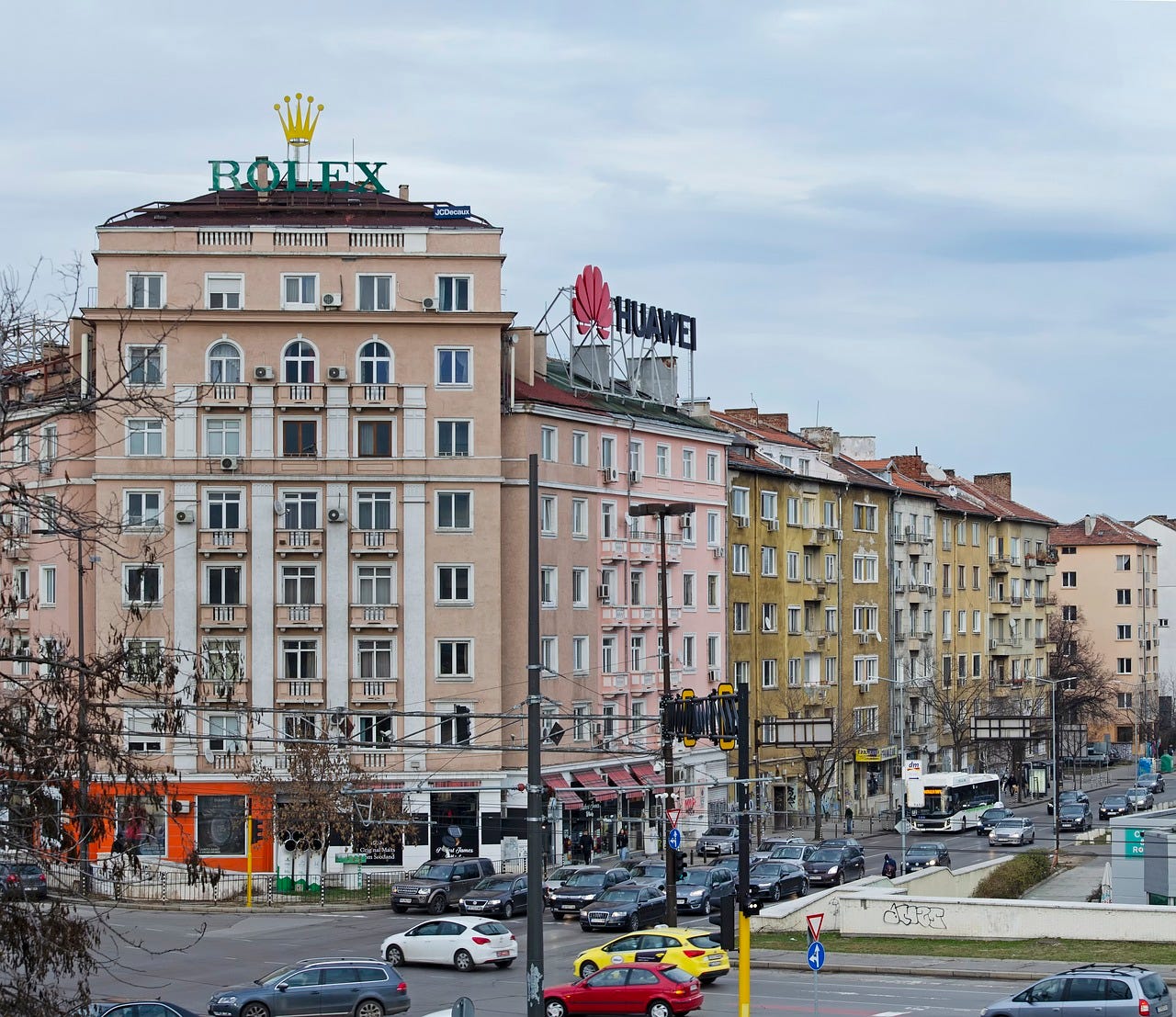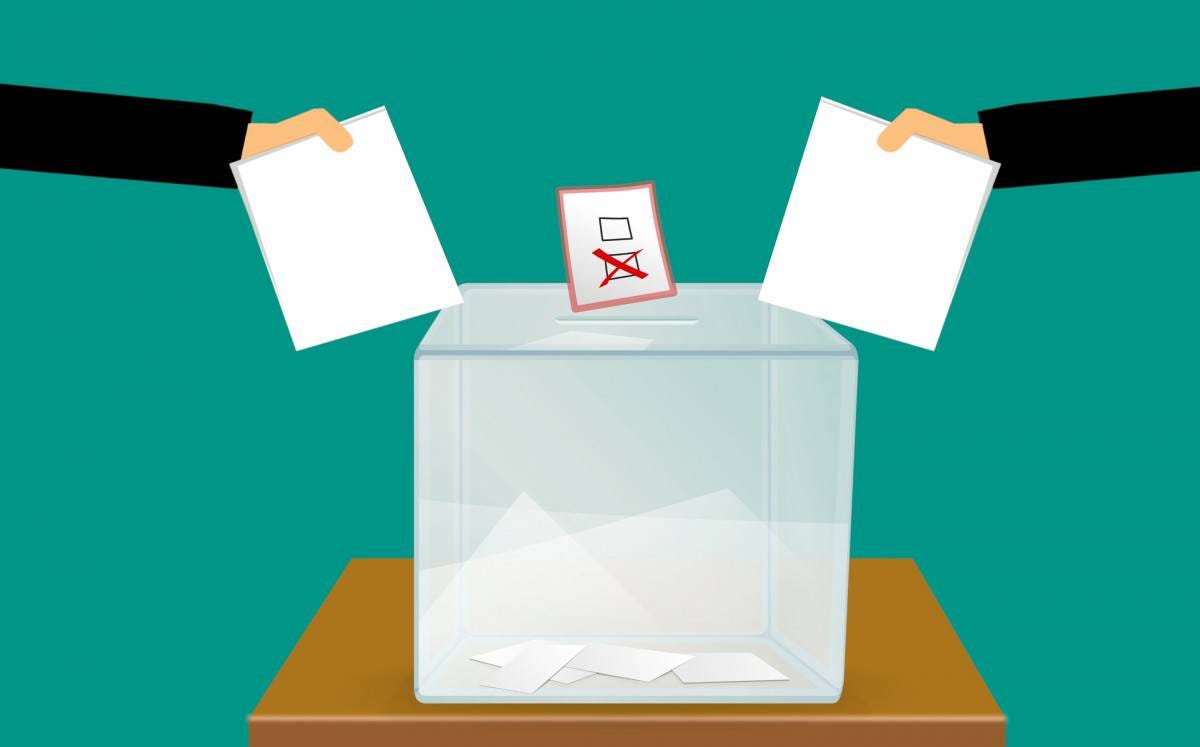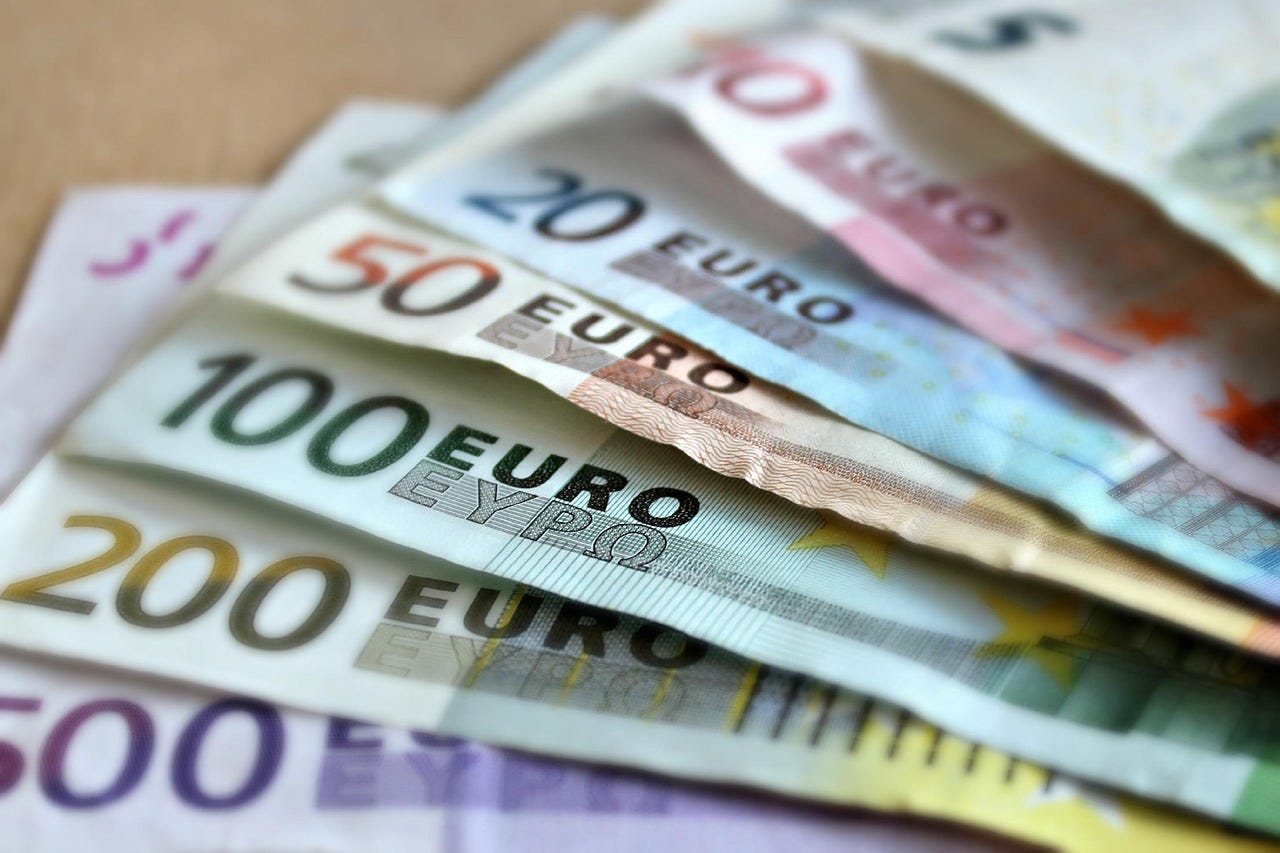The blog "The Friendship Bridge" will be trying to prepare a weekly newsletter/post to cover major political events in Bulgaria. It will largely contain modified and improved material that has been prepared for Radio Romania by Vladimir Mitev. But it could also contain a lot of other information - for example links to significant articles printed in the Bulgarian and international press.
In the first issue of the newsletter we will focus on the preparations for the parliamentary elections on April 2, 2023, the geopolitical struggles in the Bulgarian energy sector, President Rumen Radev's visit to Greece and the postponement of the target date for joining the eurozone. The newsletter will also include links and quotes from two publications related to Rumen Radev, who is currently a strong figure in Bulgarian politics. One is an interview with him in the Greek newspaper Kathimerini, where he comments on energy cooperation between Bulgaria and Greece, Bulgarian-Macedonian relations, Bulgaria's attitude towards Russia and the war in Ukraine, among other issues. The other is a commentary in the Bulgarian newspaper Capital, one of the leading media in the country, which calls for Radev not to be impeached because of his positions on geopolitical issues, perceived as harmful by the political tendency of Democratic Bulgaria, effectively granting Radev the right to have a specific and original position in Bulgarian and international politics. A third linked article is the analysis on Bulgaria and the euro of the vice prime minister Atanas Pekanov, who studied economics in Austria and the USA and has been responsible in the interim governments for EU funding and relations to the European Commission.
The mutual contestation of the political forces and the politicization of Bulgarian society can be felt not only in the news media, but also in the grassroots conversations that take place in the cafes, where positioning towards the leading political figures and trends in the country tends to take place among interlocutors. At the same time, in parallel, a large part of the Bulgarian electorate is tired of political talk and the criminal news that is constantly served to them on TV. Only 44% of Bulgarians are ready to vote in the elections of April 2, 2023, which are already said not to be the last parliamentary elections this year.
Looked at from the side, it seems that Bulgarians are urged by their politicians and analysts to dominate each other in their struggle in support of certain personalities (Radev, Petkov, Kostadin Kostadinov, etc.) or of certain "concepts" or "values" - for and against Russia, for and against the eurozone, for and against anti-corruption, for and against national interests (for example in relation to North Macedonia). There seems to be less awareness that behind each of the options there is a financial-political machine - for example, "We Continue the Change" seems to be the Bulgarian techno-populist formation, while GERB are representatives of conservative populism - in both cases certain businesses and even industries are behind them. And it seems that on Bulgarian territory the different political forces are playing out the clash that also exists in the US between Joe Biden, about whose ties to the Black Rock investment fund much has been written in recent years, and the construction magnate Donald Trump.
In Bulgaria, however, social relations are rarely seen as a confrontation of international capital (corporations) with national capital (called by some oligarchy), about their cooperation to the detriment of wage labour or about the cooperation of "labour" with some branches of business. Too often our political competition is persionalized - with each current being aligned to various major international and internal lobbies simulteaneously, and battle being who will serve better everyone. Thus we are often oblivious of the essence of our political competition. In Romania the economization of social relations seems to be more clearly articulated...
Here's a look at some events and news from Bulgaria during the week of February 13-19, 2023.
Preparations for the parliamentary elections on 2 April 2023
The registration of the political parties and coalitions that will participate in the parliamentary elections in Bulgaria on 2 April 2023 has been completed. These will be the fifth parliamentary elections in 2 years. Sociologists are already predicting that a government will not be able to be formed after them, so it is likely that new parliamentary elections will be held in the autumn together with local elections.
At this stage, little change is expected in the results compared to the last elections in October 2022. The first political force as a separate party is former prime minister Boyko Borissov’s GERB. The party and its leader have been accused of corruption since 2020, and earlier this month a former finance minister in Borissov's government was sanctioned by the US under the Magnitsky Act. However, many of the mayors of municipalities are from GERB and this is one of its sources of political influence.
"We continue the change" of the former Prime Minister Kiril Petkov (who governed in the first half of 2022) will coalition with the formation "Democratic Bulgaria" to try together to become the first political force. Both parties have ambitions to fight corruption and oust the prosecutor general. However, they are under attack from various quarters, including the prosecutor's office over decisions by their own politicians or over suspicions about businesses that support them.
The Movement for Rights and Freedoms, of which Delyan Peevski is a part - a businessman sanctioned under the Magnitsky Act, enjoys the support of the Turkish minority in the country and will probably continue to be influential. A certain increase in the influence of the "Revival" party, which opposes the introduction of the euro, is expected. The Bulgarian Socialist Party appeared earlier this month at its congress against the introduction of the euro now and against the teaching of so-called gender ideology in schools. The infighting within this formation continues, leading to the expulsion of MEPs and other influential politicians from its ranks.
The Bulgarian media periodically publishes studies on the lack of trust in political parties. At the moment, President Rumen Radev has the highest trust among politicians. If no surprises happen by 2 April 2023, the expectations are that Bulgaria will continue to be governed by a caretaker government appointed by him.
The geopolitical struggle in the Bulgarian energy sector
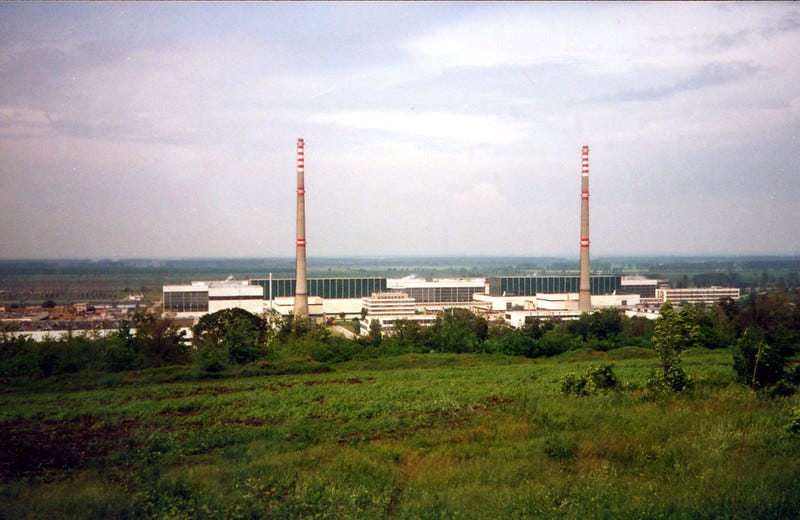
In the first half of February 2023, the controversy surrounding Bulgarian energy intensified with several separate events.
The US sanctioned five Bulgarian citizens for corruption under the Magnitsky Act. Three of them are directly linked to the Bulgarian energy sector and the Bulgarian Socialist Party (BSP). These are former Energy Minister Rumen Ovcharov and two former heads of the Kozloduy Nuclear Power Plant - Ivan Genov and Alexander Nikolov. The measure was interpreted by a senior BSP official, Kristian Vigenin, as a blow to Russian interests in Bulgarian energy, not as a specific attack on these three individuals. In turn, Rumen Ovcharov explained to the national private TV channel bTV that the purpose of these sanctions is to force Russia out of energy supplies to Bulgaria and the EU.
The war in Ukraine accelerated the process of diversification of energy sources in Bulgaria and the region, and on Bulgarian territory the process was accompanied by mutual accusations between different politicians of protecting Russian interests in energy or harming Bulgarian interests in it.
An element of this plot is the indictment of the Bulgarian prosecutor's office on February 8, 2023 against the energy minister in Kiril Petkov's cabinet (another) Alexander Nikolov, his deputy Danail Nikolov and the then director of Bulgargas Lyudmil Yotsov for insolvency in particularly large proportions and official crime because of damages of 88 million leva that Bulgargas suffered at the time when Gazprom demanded payment in rubles and Kiril Petkov's government refused.
According to the lawyer of the accused former energy minister, the accusation is essentially about the fact that Gazprom's proposal to pay for supplies in roubles was not accepted. The case prompted the Continuing Change party to ask in its official position paper, "did the prosecution really see a problem in the fact that ministers of the Petkov government followed the binding instructions of the European Commission?"
The context in which these controversies are unfolding is that in December Kozloduy NPP signed contracts with the Swedish company Westinghouse Electric Sweden and the French company Framatom for the supply of nuclear fuel to replace the Russian nuclear fuel used so far. The Greece-Bulgaria interconnector has been in operation since October 2022, diversifying not only Bulgaria but also countries such as Romania and the Republic of Moldova as sources of gas supply. Overgaz is currently building a liquefied natural gas terminal in Vlora. In July 2022 it and the US company Excelerate Energy announced that they have signed a memorandum for the supply of 1 bcm of liquefied gas per year for a period of 10 years at the terminal under construction in Vlora.
In July 2021, during the Three Seas Initiative summit hosted by Sofia, a contract was signed according to which the US company Linden Energy bought 50% of the gas company Overgas. After talks between President Rumen Radev and US Secretary of State Anthony Blinken in December, the Bulgarian Energy Ministry was given permission in January to negotiate with the Greek side to build an oil pipeline from Alexandroupolis to Burgas. According to the announced intentions, it would deliver non-Russian oil to the Burgas refinery, which is owned by Lukoil.
These are just a few examples of an even larger number of news items testifying to the realignment of the energy balances in Bulgaria and the region, which is generating concomitant tensions at the political level.
Rumen Radev's visit to Greece
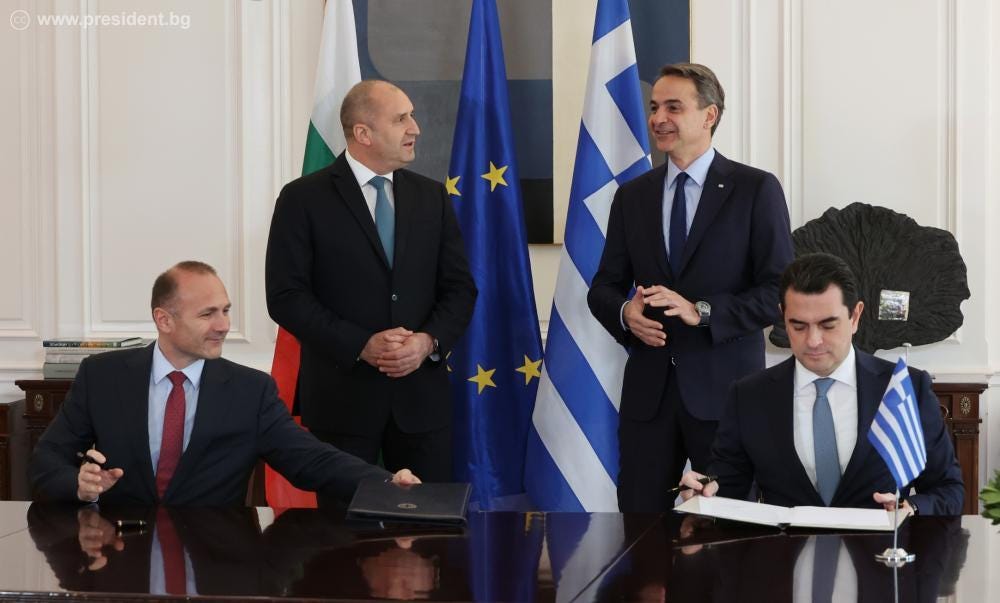
Bulgaria and Greece signed on 16 February 2023 two agreements in the field of energy during Bulgarian President Rumen Radev's visit to Athens. The first is a memorandum on exploring the possibility of building an oil pipeline from the Greek city of Alexandroupolis to Burgas, where the largest refinery in the Balkans is located, owned by Lukoil. The intention is to supply Russian oil. The second agreement concerns cooperation in the field of gas supply and storage, under which Greece can use the Bulgarian gas storage facility Chiren, and Bulgarian gas suppliers can reserve capacity at LNG regasification terminals in Greece. The Alexandroupolis LNG terminal, in which Bulgaria has a 20% stake, should be completed by the end of the year.
"I can foresee that this cooperation will continue in the future and is a clear demonstration of how countries can cooperate for the benefit of their citizens. Greece and Bulgaria can become energy suppliers for the whole continent", Greek Prime Minister Kyriakos Mitsotakis was quoted as saying by Radio Bulgaria.
Bulgaria's accession to the euro area postponed
Bulgaria will not join the euro area from 1 January 2024, Bulgarian Finance Minister Rositsa Velkova said earlier this week. Bulgaria does not meet the inflation criterion for joining the euro area and has not adopted the necessary legislation to request an assessment for joining the euro area on 1 January 2024. Velkova explained that the new target date is 1 January 2025, but could be 1 July 2024 as well or any other earlier or later date.
Because of the impossibility to form a permanent government, Bulgarian parliaments have had a short life in recent times and their legislative activity is hampered. Some of the required legislative changes have met the disapproval of the business community. As for Bulgarians' attitudes to joining the euro area, there are different opinions and different media and political podcasts, for example, agitate against it. At the moment, signatures are being collected for a referendum on keeping the Bulgarian lev until 2043, which was proposed by the populist party "Revival".
For further reading:
Deputy prime minister Atanas Pekanov's blog on
Kathimerini's interview with the Bulgarian president Rumen Radev:
Capital's take on the demands for impeachment of Rumen Radev (in Bulgarian):
Why it is harmful to call for impeachment
“The demands for impeachment only intensify the confrontation with Rumen Radev and the isolation of two extreme camps. Moscow benefits from this” (the subtitle of Capital’s article)
Subscribe to the channel of the blog “The Bridge of Friendship” in YouTube, where a number of video and audio interviews are published! The blog can also be followed in Facebook and Twitter. Its Telegram channel is here. And here is its Substack account.





